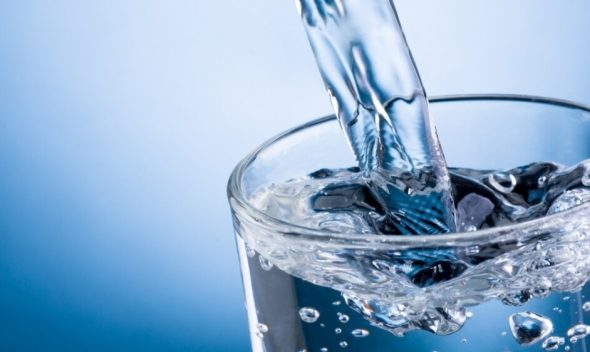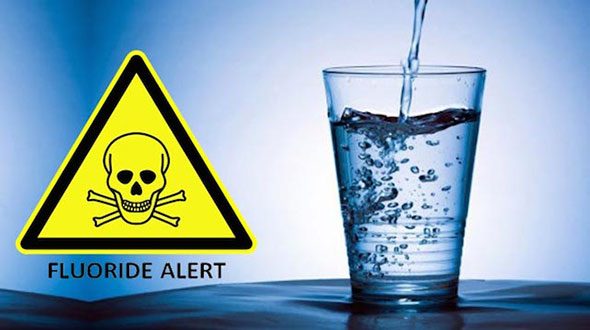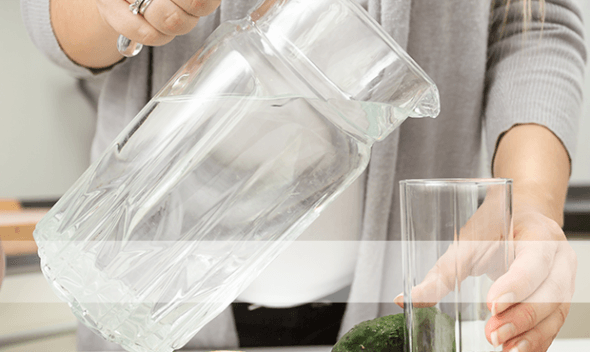The very reason people gravitate towards crafted beer is because of the attributes of its quality which comes through a special and delicate personalization by the brewer. This creates a big difference between crafted beer and commercial beer. The best quality can go up in costs and still end up out of stock in a jiffy. That is the quality people are willing to pay for in case of beer.
The two factors that define the quality of a good beer are:
- Fitness of the beer according to the expectations of the customer
- Absence of defects in visual, taste and odor of the beer
But what many people do not take in importance is that beer is mostly composed of water. So the quality of any beer relies more than anything on the quality of water that is used to create the beer.
But what properties and characteristics does a brewer want from water?
The answer to this is not very hard but neglecting even a minute factor can make your beer go from top notch to the worst ever. Best quality of water is not a standard term but is different for each type of beer that you want to craft. Brewing water affects the pH level of beer which in turn affects how the flavor comes out. Water plays an important role in defining the sulfate-to-chloride ratio and bad ratio of this composition can cause off flavors from chlorine or contaminants of water.
What is good brewing water?
The characteristics required from brewing water are actually quite simple and easily achievable. Basically water use to craft beer should be clean and odor free, such as chlorine and pond smells. In general, the brewing water used for conducting the beer mash and wort should be hard in nature with low alkalinity. But that is not the only condition required as it may vary depending on the type of beer you are making and the mineral character of water.
Water used for brewing comes mainly from two sources; surface water of lakes, rivers and streams and ground water from underground aquifers. Surface is low in minerals but has high organic content like leaves and algae which needs to be filtered and disinfected using chlorine treatment. Ground water is high in dissolved mineral quantity but has a low organic value.
You can brew a good beer with any kind of clean water but great beer is only made when the water is just right through water adjustment and filtration. That is why most of the crafted beer is made using mountain spring water which is the highest quality available for brewing naturally. It is because the mountain spring water is pure and does not have any mineral content which gives the brewer the freedom to add any type of mineral and the desired quantity to craft their own beer.
But mountain spring water is also quite expensive and the commercial supply usually is not true to its real sense of purity.
It is better to build your own water source into mountain spring water quality by taking in these factors:
Ions
Ions play an important role in defining how good the brewing water is. That is why, it is really important to go back to your high school chemistry knowledge of Cations (positive ions) and Anions (Negative ions) to know how ions effect and affect the water. The main ions that pay the key role in hardness of water are calcium, magnesium and sodium which are cations.
The principle anions are bicarbonate (HCO3–1), sulfate (SO4–2), and chloride (Cl–1). The right combination of these ions decides the clarity, flavor and stability in the finished beer. The anions work to make beer taste sweeter and fuller. They give the opposite effect of sulfate and thus are useful in creating the right balance in your beer.
The general known ratio goes as; a sulfate-to-chloride ratio of 2:1 or higher will tend to give the beer a drier, more assertive hop balance, while a beer with a ratio of 1:2 will tend to have a less bitter, rounder, and maltier balance.
Hardness and Alkalinity
Water is termed hard based on the amount of dissolved calcium and magnesium in it. Good beer should have a slight hard character in it of about 150 ppm as calcium carbonate. This hardness can create an issue in the balance of the pH value after the alkaline elements are added. This can make your beer either too pale or purely metallic in taste. The only solution that can is known till now is to divide the hardness and alkalinity into the two processes of mashing and worting. During mashing, use dark raisin malts which easily dissolve in water without creating a significant change in the pH. Then add the alkaline minerals during the wort process to balance the pH.
Water Report Helps
You may be getting the perfect type of water for brewing without your knowledge and still might waste your money on multiple processing unit for getting the right mineral value and alkalinity. So, before starting to think about processing your brewing water, you should get a water report of your water supply form the local supplier. Usually, local suppliers do most of the filtration and mineral additions themselves because of the strict government and sanity standards. Also, if you get the report, you can analyze the need of processing based on the type of water you get which saves both money and time.
What makes beer making cheap?
Find the best water filter for your needs. Get your water completely neutral in mineral and hardness values. Because that is what mountain spring water is except for your own specific needs of brewing which requires certain alkalinity that might come directly from your water supply. But that is a rare case and thus, getting a water filter fit for your requirements based on the quantity and frequency of filtered water.
- Filtered water contains no minerals
- It is neutral in pH value
- It has activated ions ready for ionization process
- The filtered water is generally soft which lets you decide the hardness as per your requirement
So, a simple water filter can give you the base water product to craft your beer instead of balancing out the figures using multiple process of balancing it. Filtered water also helps in seasoning the beer into a stout or drought as it is both colorless, odorless and without any dry properties of ppm.
Types of water Filters For Better Beer Crafting
Even though many water filters are available in the market which provide good quality filtered water, but these 5 water filter categories which are every brewer’s favorite both for home brewing and commercial brewing:
1. Whole House Water Filters
One of the fastest working filters is whole house. It is affordably priced to work on larger quantities of water and work extensively on the hardness, mineral content and organic contamination of the water which are three very requirements for crafting great beer.
2. Tankless Reverse Osmosis Filters
One of the major advantages of the tankless RO filters is the fastness of processing. Even though they do not have a storage tank, you can directly add the water to your brewing barrels. The tankless filters provide ready-to-use activated ion water which is quite helpful in dissolving the minerals during the mash and wort process.
3. Housing water filters
Housing water filters are great to use for bigger quantities of water. With a giant load of up to 8 cartridges, this can fill your whole basement in just a matter of hours with pure water ready for home brewing or even small-scale restaurant brewery water filtration.
4. Commercial Reverse Osmosis Filters
If you want to grow in the commercial field of beer making and still keep your recipe and quality intact, then commercial RO filters will work just right. They are comparatively faster, consume less time and have larger storage units for emergencies too. The energy consumption level of commercial water filters is also quite efficient in generating savings.
5. Acid Neutralizing Whole House Filters
Even though normal whole house filters work just fine in giving you best water for brewing beer, acid neutral whole house filters work better for some specific brewers. For those who seek to reduce the acidic value of water and get ready to use alkaline water for beer categories like stout and drought, these water filters work magically.










Leave a comment
You must be logged in to post a comment.